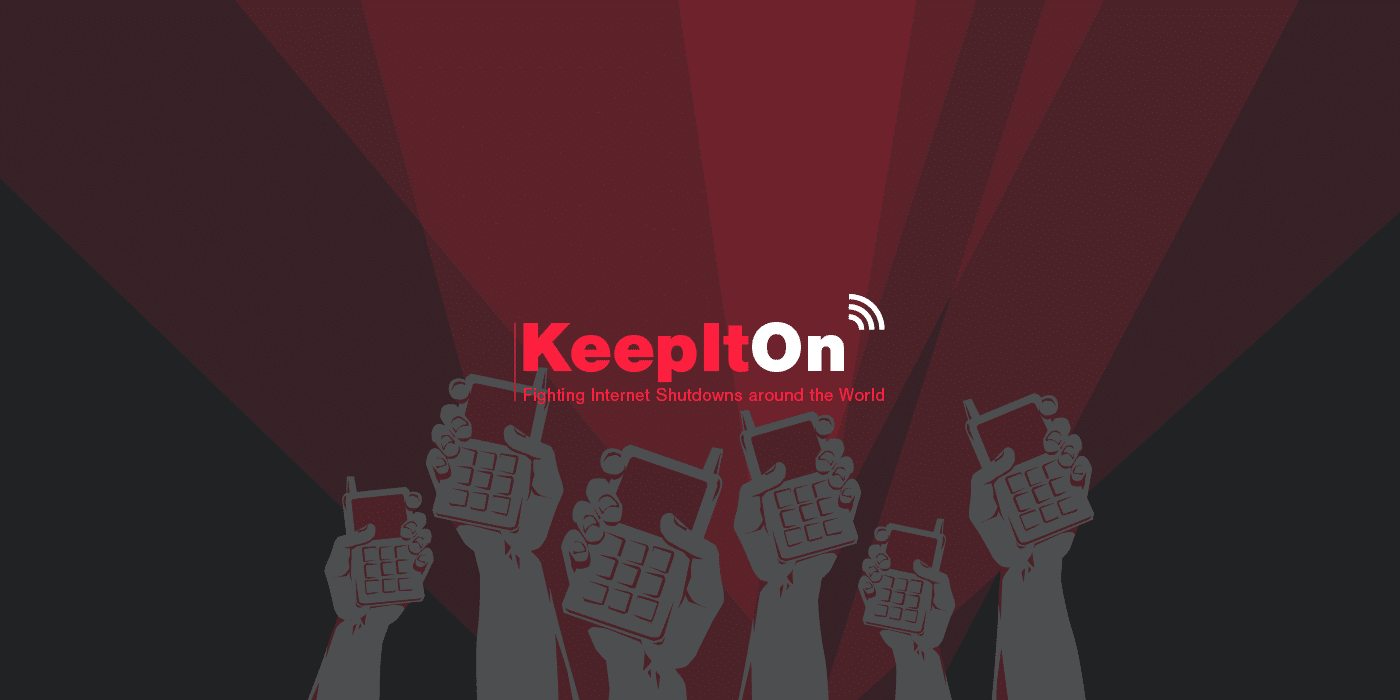Turkey has suffered four horrifying attacks in its major cities in the past six months, the most recent of which happened Sunday in the country’s capital of Ankara. A bomb-loaded car exploded in the middle of one of the busiest districts, killing at least 32 people and injuring more than a hundred. According to a Reuters report, no group has claimed responsibility for the latest bomb attack, but a security official said that findings suggest it could be the work of the outlawed Kurdistan Workers’ Party (PKK) or an affiliated group.
Following this tragic attack, the government imposed a total media blackout on the incident. This act of state censorship was followed up by the government blocking citizens’ access to Facebook and Twitter. A leaked court order shows that the ban on media coverage of the attack included “internet and social media.” At the same time, local activists and academics, such as the Turkey Blocks Project, reported that the government used ISP-level “throttling” to deny people access to coverage of the attack. So there appear to be several ways the ban was implemented.
However, regardless of the government’s rationale or methods for slowing or shutting down internet services, it was wrong to do so. Internet shutdowns do not help victims, restore order, or keep people safe.
Shutdowns keep victims in the dark, and without a voice
During terrorist attacks and other emergencies, people need access to information more than ever. Shutdowns like this can make it harder for people to reach emergency services, and to communicate with their loved ones to make sure they are okay. Social media platforms are the way many people communicate and get help. Indeed, Facebook, which has at least 39 million users in Turkey, has activated its Safety Check feature since the February 17, 2016 attacks in Ankara.
But shutdowns don’t just stop people from accessing information. They also stop people from sharing it. Internet shutdowns interfere with the right to free expression, and they can also be an attempt to obscure other human rights violations. When these violations take place during a shutdown, journalists and others struggle to get the word out to the rest of the world. This is why, according to experts at the United Nations, internet shutdowns represent a violation of international human rights law.
Shutdowns are part of a larger clampdown on free expression in Turkey
It’s not the first time that Turkey has carried out a complete media blackout. Following the February attack, the government immediately imposed a gag order on press coverage, and some ISPs reportedly slowed down access to Twitter. Further, Twitter’s transparency reports show that for the past two years, Turkey leads globally in government requests to remove user-generated content, with 2,211 out of a total of 4,617 content removal requests coming from Turkey.
The government has also recently carried out a full-fledged attack on print media, with President Erdogan criticizing the country’s top court for demanding the release of two journalists who may face life sentences. In addition, the government recently took over a major newspaper, Today’s Zaman, and then completely removed its website that reported the news in English, while restricting access to older news articles.
Shutdowns must stop — in Turkey and around the world
Access Now strongly condemns this shutdown and the attacks on free expression in Turkey. In 2012, the European Court of Human Rights found that blanket bans of online platforms in Turkey violate the fundamental right to freedom of expression. And in 2014, the Constitutional Court in Turkey overruled the Presidency of Telecommunication and Communication’s blanket ban of Twitter “because it violated the freedom of expression protected under Article 26 of Turkey’s Constitution.”
Yet whether it is right before elections or in the aftermath of a terror attack, the Turkish government has found pretexts to hinder digital rights, ban independent media, or infringe on people’s right to access information. This should stop immediately.
We’re fighting shutdowns in Turkey and globally, and have resources for telcos and ISPs to push back against government demands to throttle access or block services. We also have a Digital Security Helpline, a free-of-charge resource for civil society across the globe. Our helpline offers real-time, direct technical assistance to activists, independent media, and civil society organizations, and this includes offering advice for circumventing blocking. We encourage you to reach out.
You can learn more about our work on shutdowns here. You can stay updated by following us on Twitter with the hashtag #KeepitOn, liking us on Facebook, and subscribing to our newsletter and action alerts.
